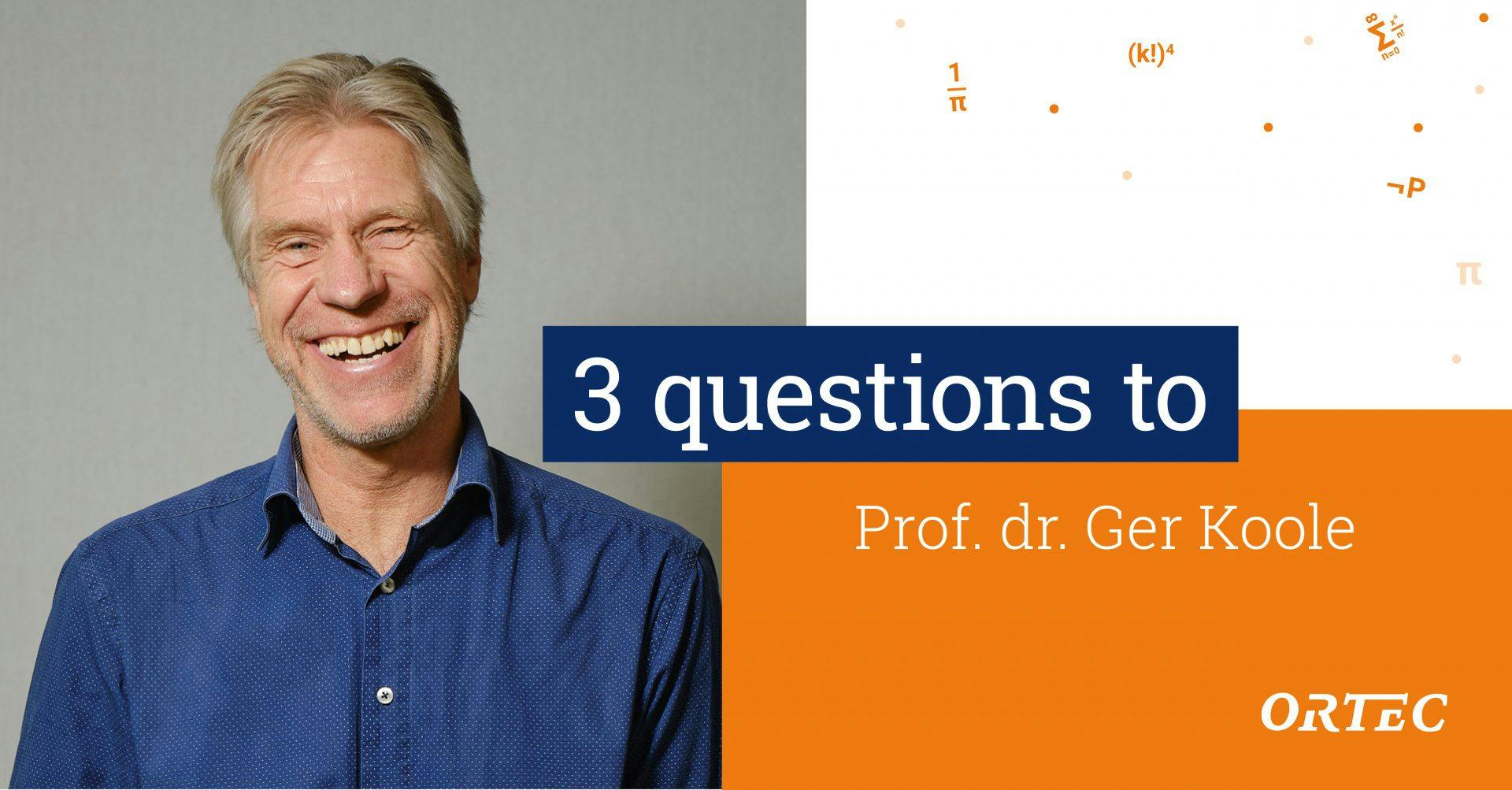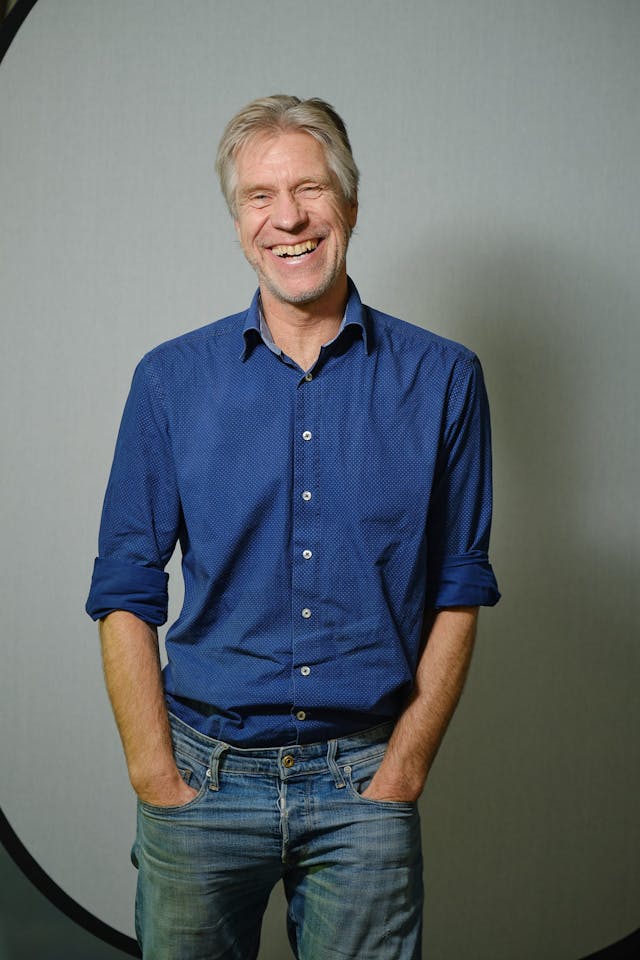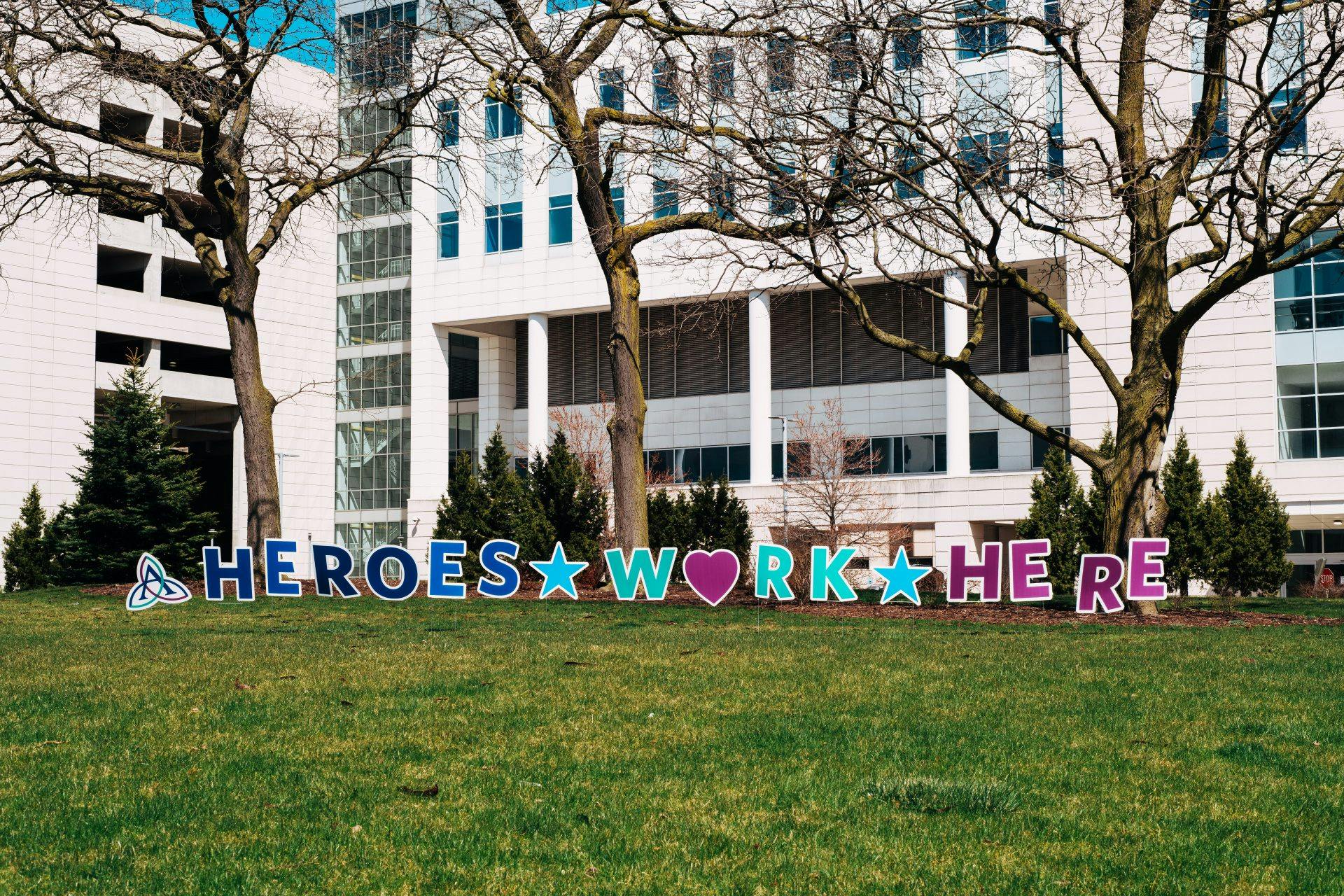Three questions for…Prof. dr. Ger Koole
Read time: 3 minutesIn this series, we’re asking leading scientists in data, technology, and artificial intelligence how science can contribute to today’s challenges. Together with you, we aim to discover how we can turn theory into practice, making use of scientific research to make the world a better place.
Three questions for Prof. dr. Ger Koole, professor of mathematics at VU University Amsterdam


You research the role of optimization and machine learning in a wide array of services (call centers and healthcare in particular), as well in maximizing profit. What do these areas have in common and how can mathematics be used to improve services?
“It’s always about matching supply and demand. There’s no one-size-fits-all solution, especially in the fields I work in, but it's always about responding efficiently to fluctuating demand.
You can use mathematics and optimization techniques to develop systems that provide support for complex decisions, such as creating schedules for call centers or hospitals. In call centers, demand can be very volatile, not just from month to month, but even from hour to hour. Somewhat similar to that is the scheduling of medical staff. You have to make appointments in such a way that patients are visited as quickly and efficiently as possible, while making the best possible use of the hospital's resources. All the while, you have to consider constraints such as the maximum number of shifts that employees can work, legal requirements, no-shows, treatment capacity, and so on. It's a complex puzzle.
To match demand with capacity, you must first be able to accurately forecast demand: what can you expect at a certain point in time? To answer that question, you need statistics and machine learning. You then incorporate that prediction into a model that allows you to determine how to best use your capacity.
Circumstances dictate what these models look like. In call centers, rapid response is especially important; in hospitals, it is important that care is well distributed so that the system is not overburdened (the infamous ‘sprint or standstill'); and in revenue management for hotels, for example, you want to set prices in such a way that you drive demand so that it matches your capacity.”

Ger Koole, Prof. dr. Ger Koole, professor of mathematics at VU University Amsterdam
"It’s always about matching supply and demand. There’s no one-size-fits-all solution, especially in the fields I work in, but it's always about responding efficiently to fluctuating demand."
Sometimes, you need more than math to face a challenge. In recent years, you played a key role in distributing corona patients across hospitals in the Netherlands. I imagine that considerations other than efficiency were at play too.
“In 2020, I was approached by the National Coordination Center for Patient Distribution (LCCPS). I worked with two colleagues to design a prediction model for bed occupancy per healthcare region, which was used to move hospital patients with Covid-19 as needed. It was a mathematically sound model that used statistics and queuing theory. Doctors are not at all used to working with these models, and although hospitals had already adopted integrated capacity management, the pandemic prompted many of them to take a closer look at predictive planning. Some of our recommendations were met with some degree of resistance. We found that it would be possible to transfer Covid patients to Germany, and that each patient transferred would allow us to perform another 7 open-heart surgeries. ICU doctors rejected our suggestion, so we ended up with a sub-optimal solution. Fortunately, the delayed care cost relatively few lives in retrospect."

How big an impact will AI have on healthcare?
“AI systems are developing and will soon be able to play a meaningful role in the healthcare sector, especially now that ERs are overcrowded and overburdened. In my view, 24/7 healthcare is the future. People will Google their symptoms first and only get in touch with a healthcare professional when there’s a clear reason to do so. Consultations don’t always have to be live: not having to take a half day off work to have your arm looked at will benefit patients, too. Switzerland has already introduced a 24/7 online medical help, staffed by call center workers, nurses and doctors.” It goes without saying that AI has to be used responsibly, but there’s no denying that the healthcare sector has to be pried open. If doctors don’t do it, patients will."
About Ger Koole
Ger Koole is professor of mathematics at VU University Amsterdam and teaches Business Analytics and Optimization to various groups of students. Koole’s research is centered around the use of Optimization and Machine Learning for Service Operations, especially call centers, healthcare and revenue management.
Apart from his academic work, Koole is also an entrepreneur, specializing in Operations Management and Business Analytics. In late 2020, during the second Covid wave, he assisted the LCPS, the Dutch center charged with distributing Covid-19 patients, in calculating the best way to divide patients across the available beds in ICUs and clinics. Koole co-founded CCmath, a call center workforce optimization company, as well as Adscience, a company that focuses on internet advertisement optimization.